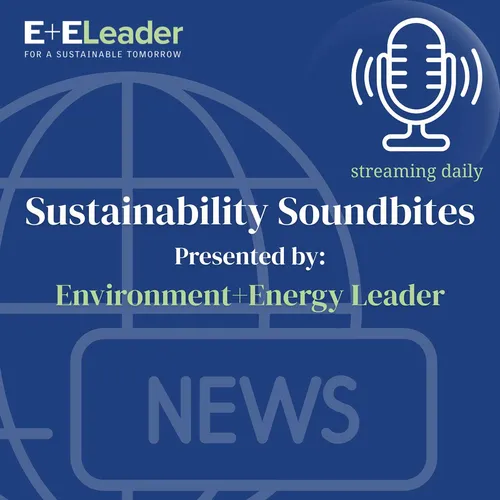How Emerging Tools Are Redefining Our Understanding of Ocean Microplastics
- Author
- Environment+Energy Leader
- Published
- Mon 05 May 2025
- Episode Link
- None
Key Takeaways
- Researchers deployed advanced sampling systems, including MOCNESS and FTIR spectroscopy, to map subsurface microplastics across 1,885 ocean stations.
- Microplastics were found as deep as 2,000 meters, with implications for carbon cycling, marine ecology, and climate modeling.
- The study calls for standardized global methodologies and highlights technology’s central role in future environmental monitoring.
Share on your social channels, and don't forget to tag E+E Leader!
Thanks for listening!
For access to all of E+E Leader's news and programs, visit our website at www.environmentenergyleader.com.
Connect with a member of our team today:
- General: [email protected]
- Advertising: [email protected]
- Soundbite Sponsorships
- Media Kit Requests
- Editorial: [email protected]
Follow us on our Social Channels:
LinkedIn l Twitter l Facebook l Instagram l YouTube l BlueSky
Are you following the ...
